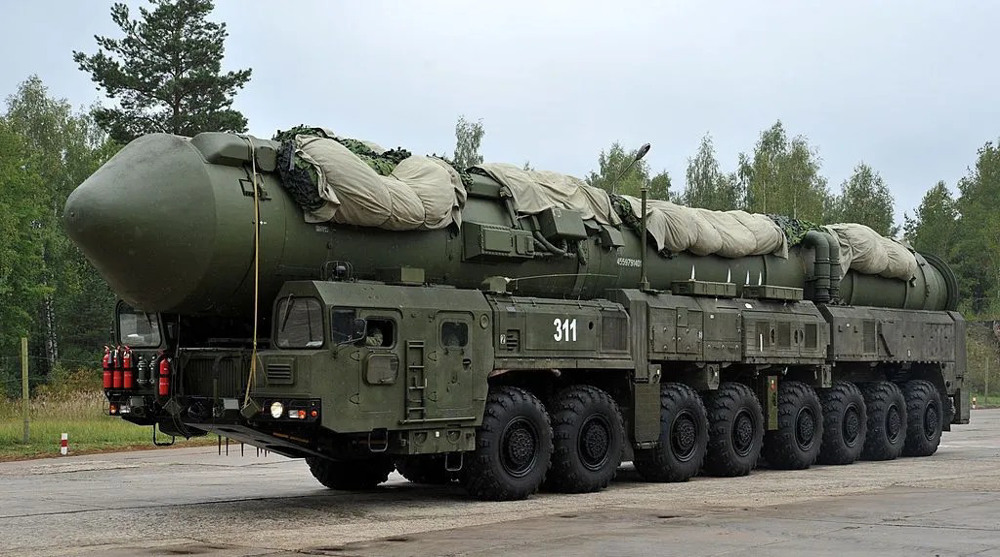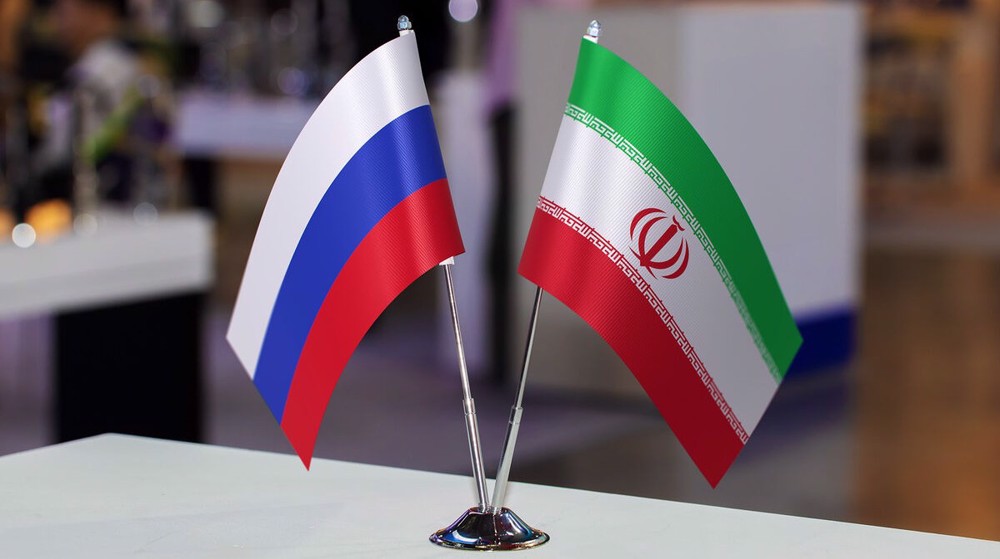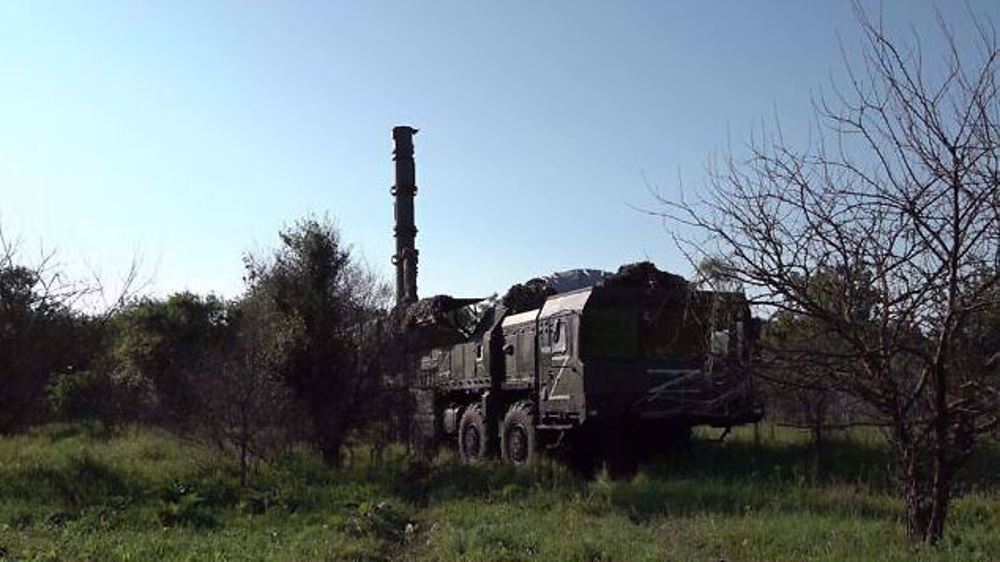Russian president vows more tests of nuke-capable missile fired at Ukraine
Russian President Vladimir Putin vows more combat test-firing of an experimental hypersonic missile fired at Ukraine on Thursday.
Putin said on Friday that the tests will depend on the situation and the character of any security threats Russia may face.
He said Russia would also begin serial production of the new weapon.
Putin said there would be more tests of the new Oreshnik missile, a day after Moscow fired the new missile at the Ukrainian city of Dnipro.
"We will continue these tests, including in combat conditions, depending on the situation and character of the security threats posed to Russia," Putin said in a televised meeting with military chiefs.
The new escalation follows Kiev’s use of American and British missiles capable of striking deeper into Russia.
In Kiev, parliament canceled its usual questions to the government on Friday over fears of a new Russian strike.
Ukraine said it’s seeking updated air defense systems from its allies in response to Moscow's new threats.
Meanwhile, Kiev’s forces are struggling on the ground. On Friday, Russia claimed the capture of another village in eastern Ukraine.
Earlier Friday, China's foreign ministry repeated its call for "calm" and "restraint" in the war after Russia confirmed it had fired the new ballistic missile.
Putin lowered the nation's nuclear weapons threshold after the outgoing Biden administration removed the ban on Kiev to use Western-supplied long-range missiles against Russia.
On Tuesday, Putin signed a decree revising Russia’s nuclear doctrine to indicate the Kremlin's preparedness to respond aggressively to Ukrainian strikes inside Russia.
The old doctrine had a higher threshold for the kind of conventional attack that could trigger a nuclear response by Russia, specifying that an attack must threaten “the very existence of the state” to qualify for nuclear retaliation.
Months ago, western media reports said that the Americans, the British and the Germans had begun to provide Kiev with long-range missiles.
Ukrainian President Volodymyr Zelensky said on Thursday that Russia launched an intercontinental ballistic missile overnight at one of its cities.
"Today it was a new Russian missile. All the parameters: speed, altitude -- match those of an intercontinental ballistic missile [ICBM]," Zelensky said in a statement on social media. "All expert evaluations are underway."
Two American government sources told US media the missile fired by the Russian forces was an intermediate-range ballistic missile or IRBM.
Press TV’s website can also be accessed at the following alternate addresses:







 This makes it easy to access the Press TV website
This makes it easy to access the Press TV website